
Active ingredient in Tylenol is acetaminophen. This drug is one of the most commonly used medications for the treatment of high temperature (fever) and pains, due to its antipyretic and analgesic properties. There are almost 100 other products with the same active ingredient all over the world, proving the benefits of this substance.
However, because of the widespread use, this drug is also one of the most commonly discovered poisons and people may poison themselves both unintentionally and intentionally.
What Should You Know about Acetaminophen?
Acetaminophen chemical name is N -acetyl-p-aminophenol and it can be shortened as APAP. In the United States, there are different forms of this drug and it is available as immediate-release and extended-release tablets, as well as some chewable tablets, suspension, elixir or dissoluble tablets. There are 325mg and 500mg immediate-release acetaminophen tablets and 650mg of extended-release tablets available on the market. The dose of 650mg is usually given to patients suffering from arthritis.
Additionally, acetaminophen is also present in several combination tablets and there are both prescription and over the counter medications with this active ingredient. For instance, Tylenol#3 contains codeine and acetaminophen, while Percocet contains oxycodone and acetaminophen. Vicodin also contains acetaminophen, combined with hydrocodone.
The biggest problem with Tylenol and other drugs which contain acetaminophen is their toxic effect on the liver, also known as hepatotoxicity. This effect may appear in misuse and overdose of acetaminophen.
Hepatotoxicity can be managed to some point, because there is an antidote for acetaminophen, called NAC (N-acetylcysteine). This substance is believed to be of best help if given to the patient within 8 hours from ingestion of toxic dose of Tylenol. However, doctor will give NAC to patients, regardless the time of ingestion, because this substance can significantly lower the complications and lethal consequences of overdose.How Much Tylenol Will Damage the Liver?
First of all, you need to know that maximally recommended dose of acetaminophen for adults is 4g, while children might use up to 90mg/kg. Adult people who took 7 to 10g dose of acetaminophen or some 150mg/kg usually experience toxic effects of this drug.
Alcoholics, malnourished people or those fasting are likely to notice hepatotoxic effects even at lower doses. Patients suffering from some viral infection and dehydration or using medications which are known to induce oxidative enzymes in the liver (CYP enzymes) can also suffer from liver problem while using lower than maximal doses of acetaminophen.



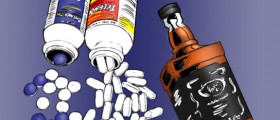
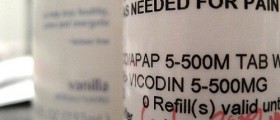


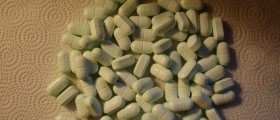
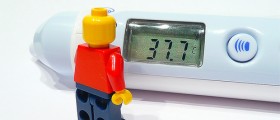
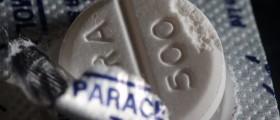

,-Or-Ibuprofen-Which-Over-The-Counter-Painkiller-Should-You-Choose_f_280x120.jpg)
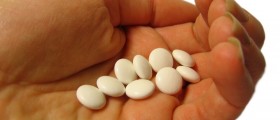

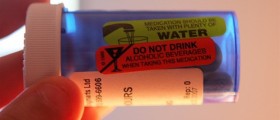

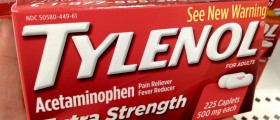
Your thoughts on this
Loading...